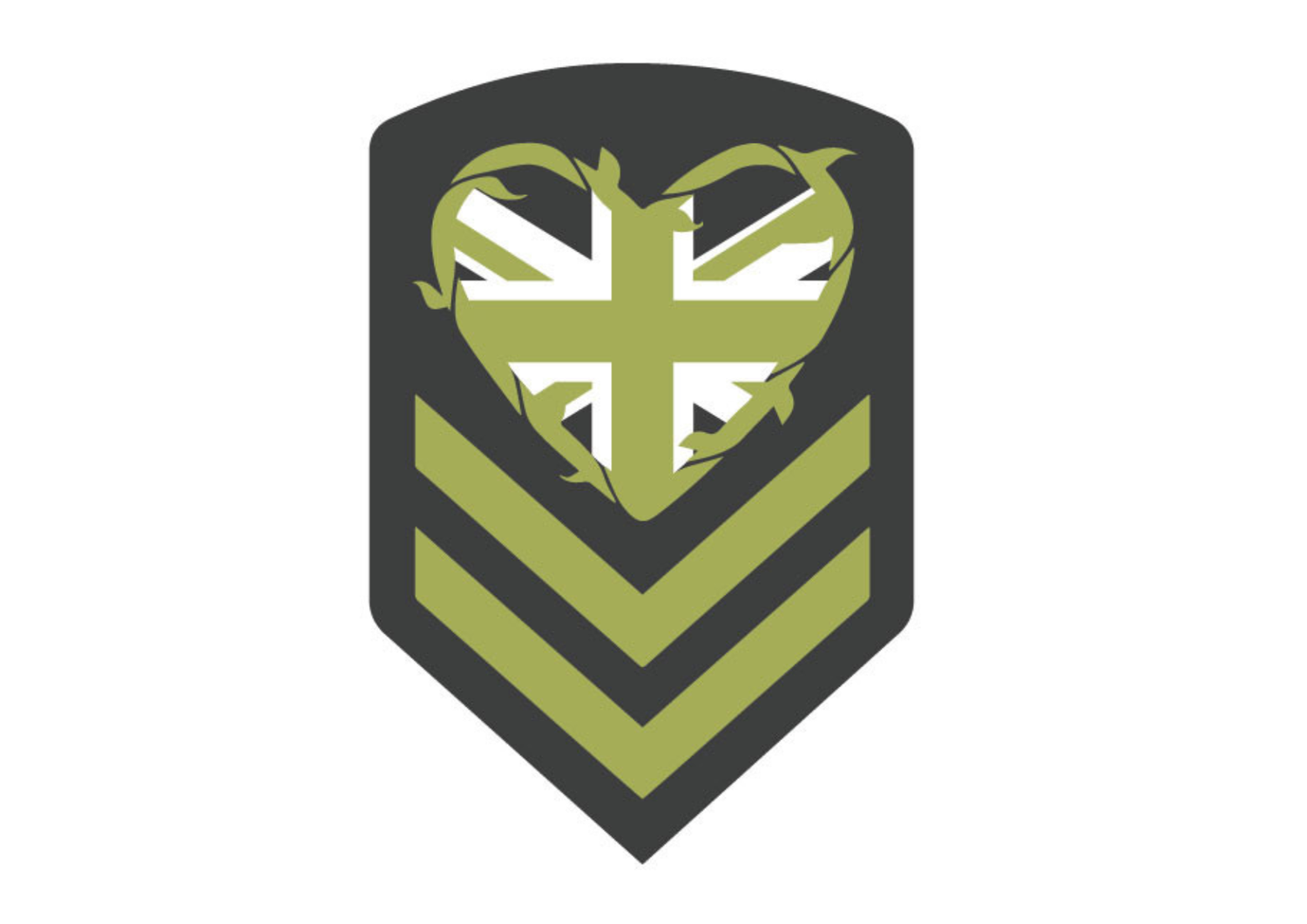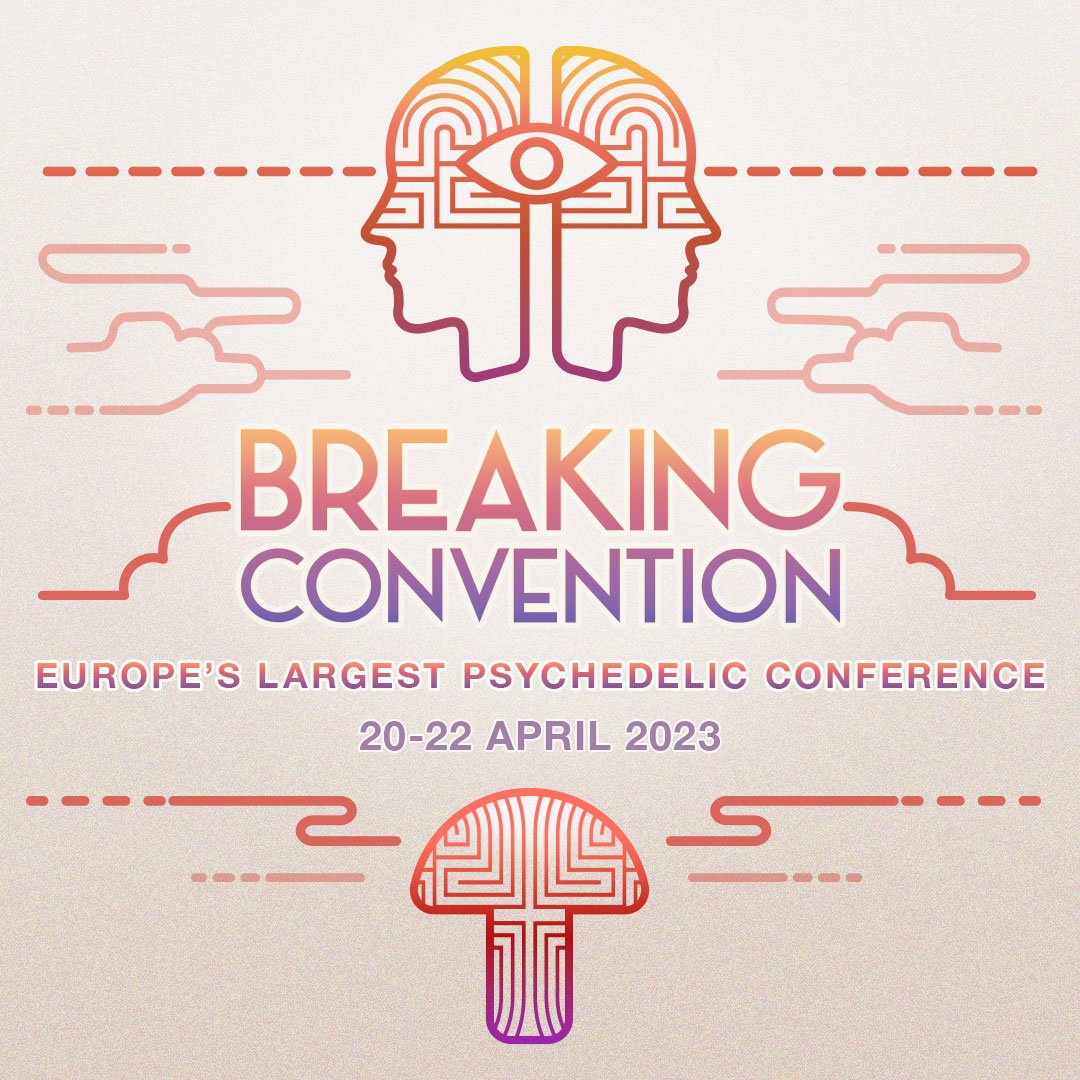
Breaking Convention: Previewing Europe’s largest psychedelic conference
By Caspar Montgomery
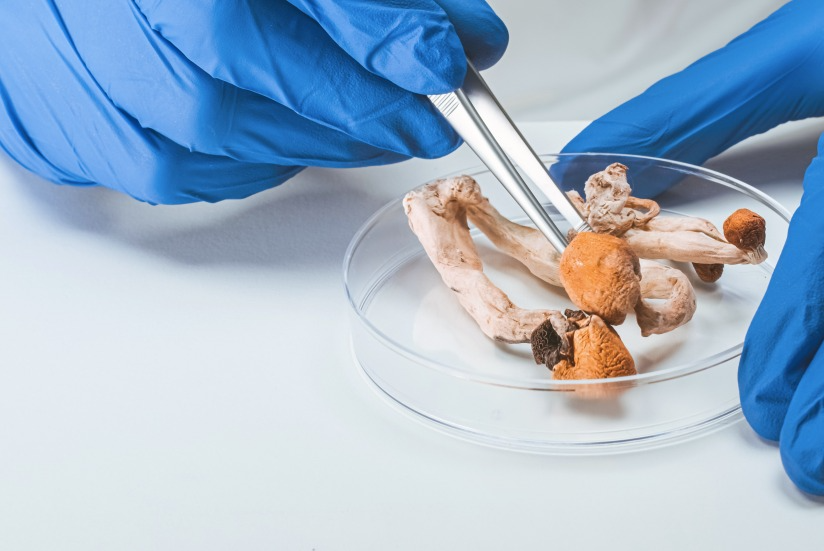
Analysis of the use of psilocybin by veterans with symptoms of trauma
A number of military veterans struggle with the transition back into civilian life and experience issues with their mental health. These veterans commonly experience symptoms of trauma. Although many veterans do benefit from the currently available treatment options, many report finding these options difficult to access, not effective or acceptable to them. This highlights the need for other treatment options for those who do not benefit from current treatment options.
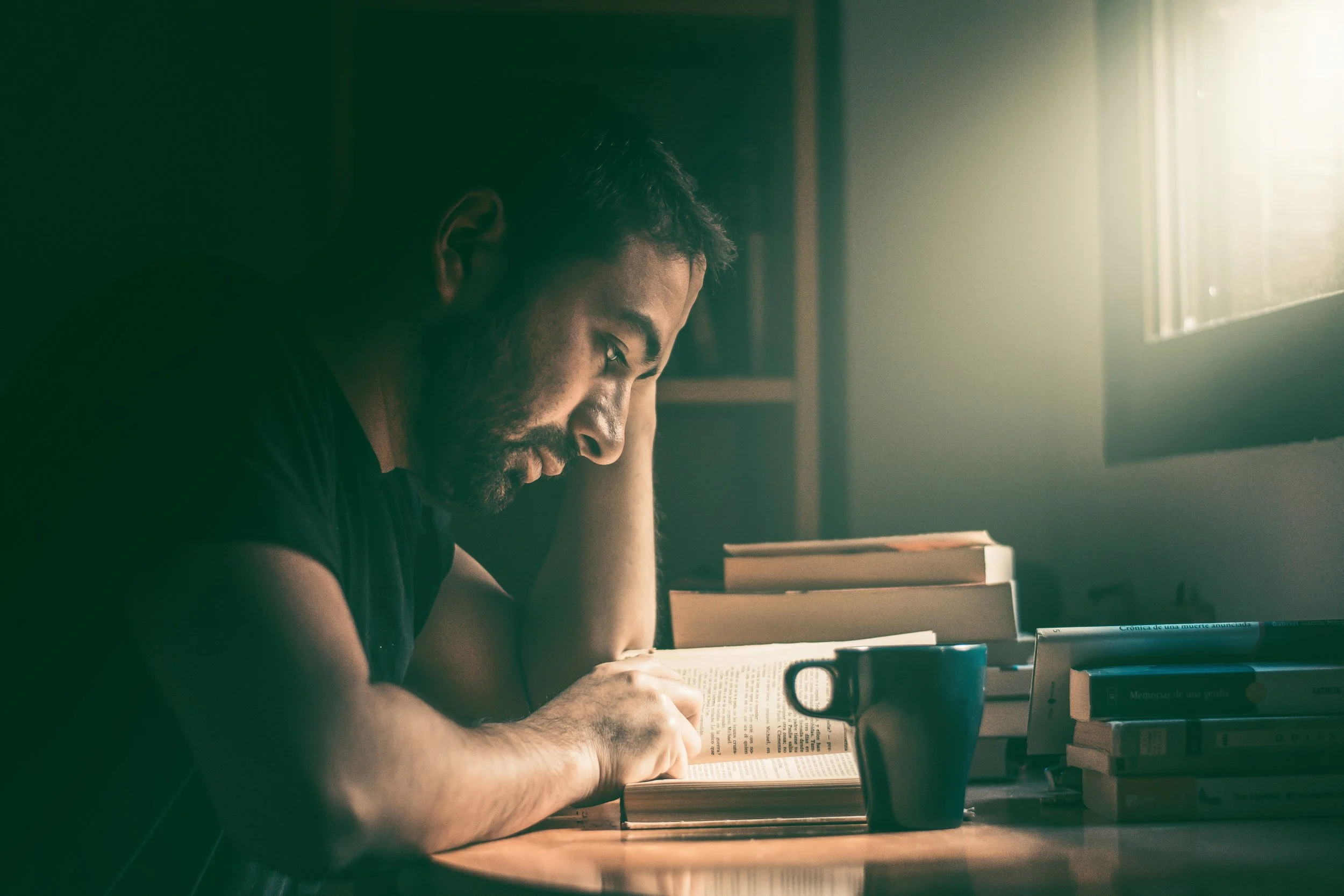
The Best Books on Overcoming Trauma
War is such an immense disruption to life that it's hard to leave the battlefield completely. An article published by the University of Cambridge covers how disorientation from war over a sustained period of time can make it difficult for an individual to develop a sense of normalcy back at home. Often, the gravity of one’s trauma can be challenging to quantify, and with how unique these experiences are, it might be difficult to find empathy.

PTSD & Veterans: How Mindfulness Can Help
Mindfulness is a practice that over the past decade has become increasingly popular in everyday cultural context. It has been recontextualised from ancient Eastern tradition into many forms, one of them being as a mainstream Western form of wellbeing.


How can I square away the lads?
Over the past two years, whilst working a security role in Canada that meant being away from my family during Covid, I took a deep dive into the literature surrounding psychedelics, particularly psilocybin. The more I began to read and research the further down the rabbit hole I went. Wanting reassurance of the legitimacy of this apparent miracle medicine I began to speak with my colleagues about the many studies and anecdotal stories that were coming back from veterans who'd experienced the healing powers of mushrooms and other psychedelics, notably Ayahuasca.
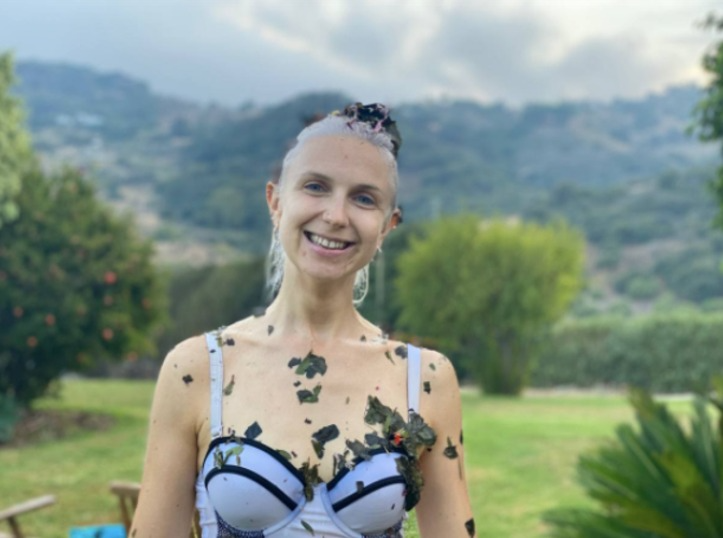
A lesson in psychedelic responsibility: my experience at a legal European ayahuasca retreat
We’re living through a historic era for psychedelics - caught in a fog of legalisation and criminalisation, of mounting education and research fighting off decades of stigma - a crucial period in which the parameters of psychedelic therapy are being established for the first time. It’s ridiculously exciting - the transformational potential for our healthcare system, the way we diagnose mental health disorders and how our doctors prescribe for psychiatric conditions.

Do psychedelics offer a chance for healing after head trauma?
Following the near eradication of psychedelic research in the 1970s a second age has dawned, bringing undeniable evidence of their therapeutic effect. Researchers have now used these substances in scientific trials, from cell lines to clinical work with patients, uncovering huge potential. Trials in human populations show psychedelics to be effective in the treatment of some of the world’s most prevalent (and difficult to treat) conditions such as depression, anxiety and substance use disorder; and now even post-traumatic stress disorder (PTSD). But what other conditions could these drugs help to treat? Once we begin to fully explore their mechanisms of action in the body, what other disorders might benefit from the re-emergence of these medicines?


Disrupting the Pathway: How I went from a career in advertising to drug research
For Christmas 2019, my best friend gave me a “one line a day” diary, which I have filled out every day without fail now for 1 year, 1 month and 1 week. Here’s my entry from 6th January 2020:
“I was shaking with anxiety today, feeling so much imposter’s syndrome. But I made sure I got to yoga and then had dinner with friends before coming from to do more work… [hashtag] priorities…?”

